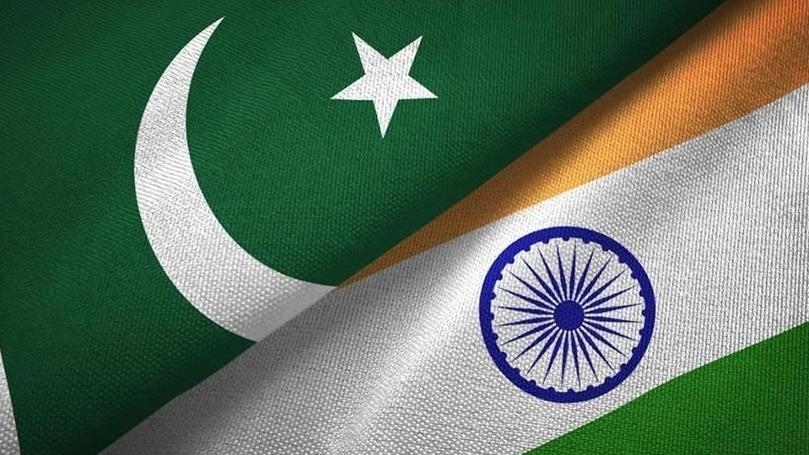NEW DELHI
India has issued a notice to Pakistan for “modification” of the Indus Waters Treaty of September 1960, a senior Indian official said on Friday.
The treaty was signed in 1960 that governs the use of waters of the Indus system of rivers.
Kanchan Gupta, a senior adviser at India’s Information and Broadcasting Ministry, said the notice was conveyed on Wednesday through the respective offices of the Commissioner for Indus Waters.
“This is as per Article XII (3) of IWT,” he wrote in a series of tweets.
Gupta said that while India has been a “steadfast supporter and a responsible partner in implementing IWT in letter and spirit, Pakistan’s actions have adversely impinged on the provisions of IWT and their implementation, and forced India to issue an appropriate notice for modification of IWT.”
According to Gupta, the modification for which India has given notice to Pakistan will also “update Indus Water Treaty to incorporate the lessons learned over the last 62 years.”
In response to Pakistan’s “continuing insistence,” he added, the World Bank has recently initiated actions on “both the Neutral Expert and Court of Arbitration processes.”
“Such parallel consideration of the same issues is not covered under any provision of the Indus Water Treaty,” he said.
“Faced with such violation of Indus Water Treaty provisions, India has been compelled to issue a notice of a modification,” he said, adding that the objective is to provide Pakistan an opportunity to enter into intergovernmental negotiations within 90 days to rectify the material breach of the IWT.
He claimed that despite India’s repeated efforts to find a mutually agreeable way forward, “Pakistan refused to discuss the issue during the five meetings of the Permanent Indus Commission from 2017 to 2022.”
Under the decades-old key water-sharing agreement, which was brokered by the World Bank in 1960, the waters of the eastern rivers – the Sutlej, Beas, and Ravi – have been allocated to India, while the three western rivers – the Indus, Jhelum, and Chenab – to Pakistan.
The much-needed treaty was the result of an international intervention following heightened tensions between the two archrivals over water sharing that had begun soon after the partition of the then-“united India” in 1947.
Initially, the two countries had signed a three-month “standstill agreement” on water sharing in 1947; however, the issue remained a source of contention between the two neighbors until the signing of the Indus Water Treaty in 1960, following successful negotiations between the two governments brokered by the World Bank.
The two nuclear neighbors have long been embroiled in a slew of air and land disputes, primarily over the former princely state of Jammu and Kashmir, which remains a thorny issue impeding their improved relations.
Their frosty relations have already reached a new low following India’s repeal of Jammu and Kashmir’s long-standing special status in August 2019.

